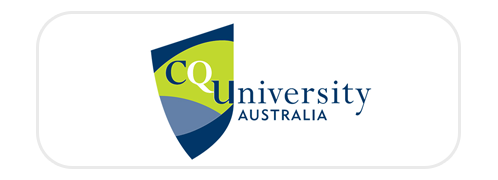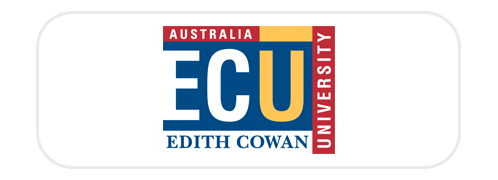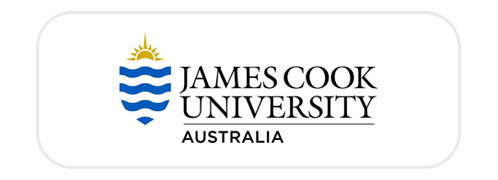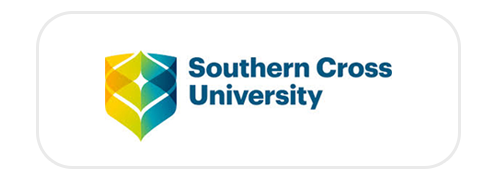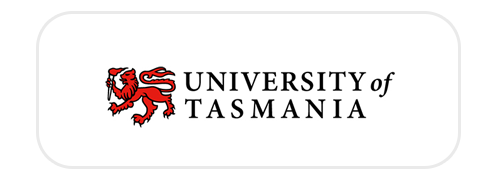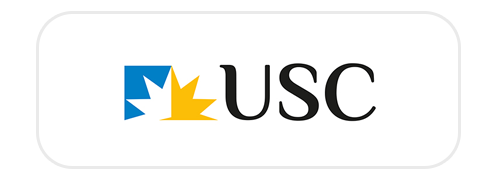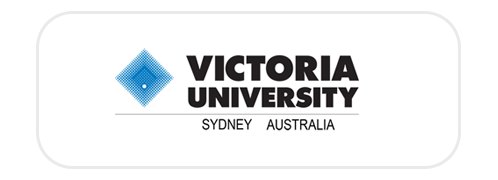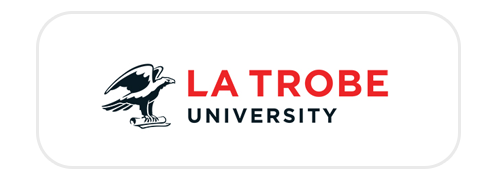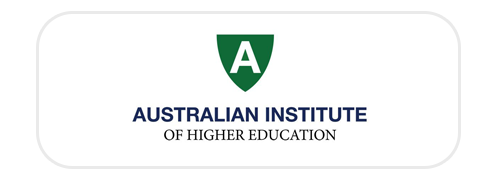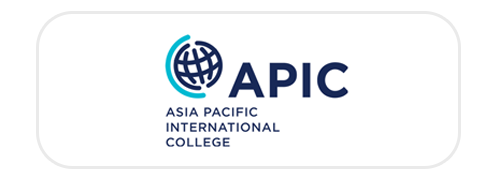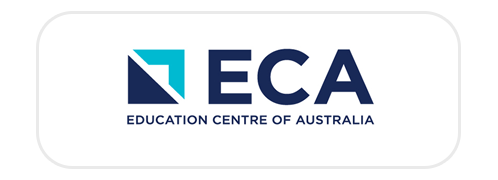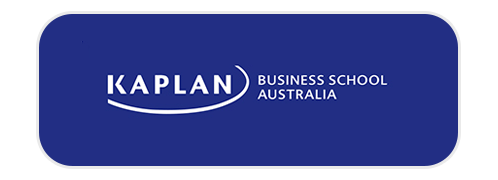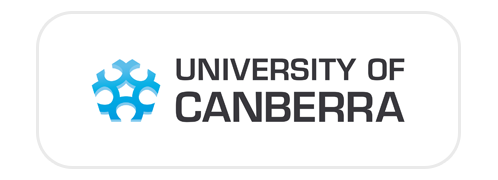Business and Economics
Graduates are prepared for advanced degree programs or careers in many business and financial industry fields, as well as government and nonprofit organizations. Students are benefited from the business and economics degree program in many ways. Students learn analytical and qualitative approaches to solving economic problems and enrich themselves with the understanding of how decisions within firms are affected by economic trends. In order to pursue a career in banking and finance, investment firms, business management and international development projects, a Business and Economics degree is a must. Graduates are also prepared for positions in government and nonprofit organizations that require economic analysis and financial management skills.
Specialization
The Business and Economics discipline is one of the most popular program choices for international students coming to Australia.
The main difference between the two areas is that Economics investigates the science of an economy, production distribution and the supply and demand of goods, while Business primarily deals with the management aspects of the economy. Specializations include:
|
|
Qualification
Business and Economics programs are offered at the following qualification levels:
- Certificate
- Diploma
- Advanced Diploma
- Bachelor Degree
- Graduate Certificate
- Postgraduate Diploma
- Masters by research/coursework
- Professional Doctorates
Professional Associations
Many business programs include internships, practical assignments and placements that provide students with practical experience. For example, many Certificates are traineeship based and combine workplace experience and theory.
Some vocational and university programs also require placements in the workforce. For example, a student completing a program in Hotel Management may be required to complete a 10-week internship on which they are assessed in an international hotel.
Other programs require students to complete assignments based on working in businesses, such as designing and publishing a brochure for an event.
On graduation from a Business or Economic program, students may be eligible for membership to an international professional association below. Full membership to some of these associations requires a person to complete further study. For example, a Bachelor of Commerce graduate may complete further courses to become a CPA or Chartered Accountant. By becoming a fully accredited accountant, they will increase their earning capacity.
| Accounting |
|
| Actuarial Studies |
|
| Banking and Finance | |
| Business and Management | |
| Commerce | |
| Economics | |
| Tourism |
|
| Marketing and Public Relations |
|
Career opportinuties
| Actuarial Studies; Banking; International Economist; Risk Management; Valuation; Financial Modelling/Administration and Planning; Chef; Bar Attendant; Beauty Therapist; General Manager; General Clerk; Hotel Manager; Administration Clerk; Management Consultant; Quality Assurance Manager; Production Manager; |
Real Estate Agent; Marketing Manager; Sales Assistant; Specialist Manager; Travel Agent; Accountant; Auditor; Bookkeeper; Human Resource Manager; Marketing, Public Relations and Advertising Professional; Communication Manager and Speech Writer; Business Owner; Project Manager; Restaurant and Catering Manager; Tourism Operator. |
Why Choose Us?
We are a dedicated team, striving to convert our students dream into reality. We always have been taking pride in being original, reliable and trustworthy. KIEC leaves no stone unturned in easing the study abroad process. Choose us and you will save your time and energy. We promise to keep holding your hand till you go beyond the horizon of success.

